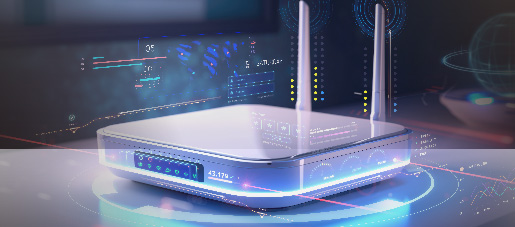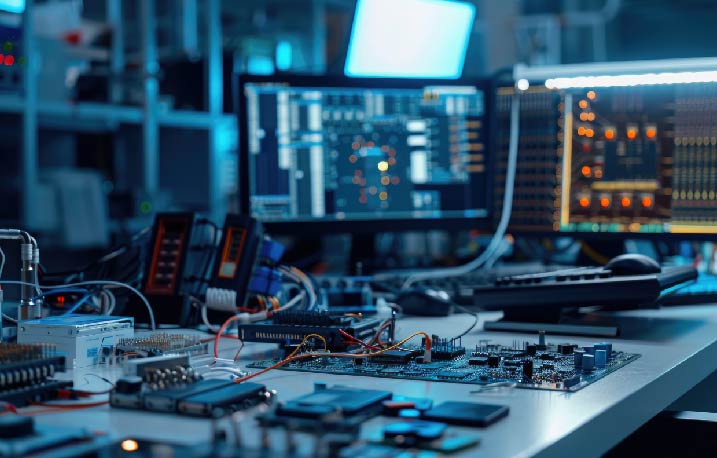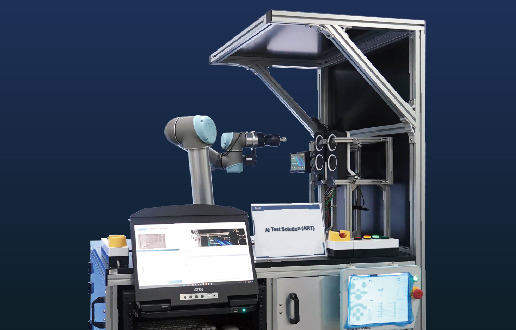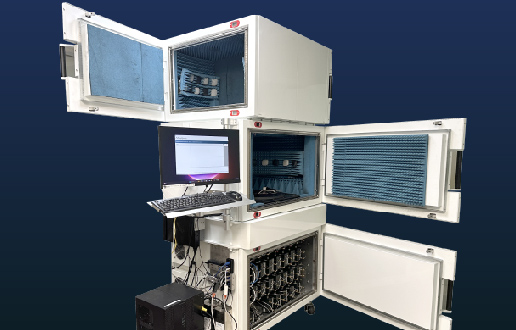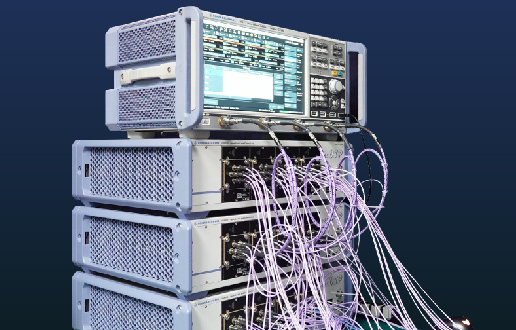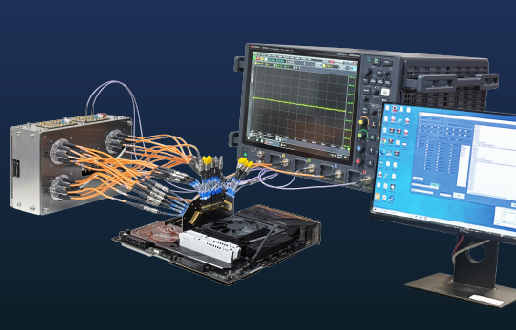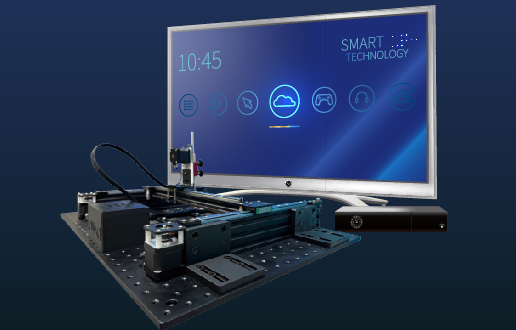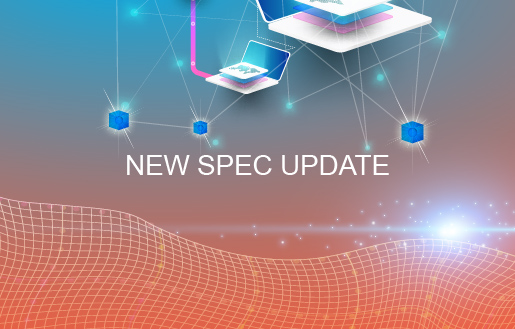As technology continues to develop and evolve, so do storage mediums. Solid-state Drives (SSDs) are a good representation of a new type of storage medium.
Cloud Services and Mainstream Storage Mediums Are Evolving
As technology continues to develop and evolve, so do storage mediums. Solid-state Drives (SSDs) are a good representation of a new type of storage medium.
In the server industry, SAS hard disks (HDDs) used to be the mainstream medium. Now, storage servers have begun to adopt SSDs in large numbers as NVMe SSDs have become more popular. The industry has followed this trend and created relevant form factors to provide support. The most notable ones in the industry are U.2/U.3 and EDSFF E1/E3. The biggest advantage of an NVMe SSD is that it utilizes PCIe. This means the throughput of the SSD can continue to improve as PCIe specifications improve. The current mainstream standard in the industry is the PCIe 4.0 x4 standard, with a theoretical throughput of 7.88GB/s. The next generation of PCIe, PCIe 5.0 x4, can even reach speeds up to 15.75 GB/s, greatly surpassing other types of standards.

Key Points When Purchasing SSDs: Compatibility, Firmware, and Testing Methods
When cloud service companies deploy storage servers, they will choose different SSD specifications based on their requirements. For example, read-intensive SSDs are suitable for situations that mainly deal with large blocks of continuous data modes or those that do not require frequent write operations. Write-intensive SSDs are suitable for big data analysis, high-performance computing (HPC), mainstream servers, and storage systems. Mixed-use SSDs are suitable for both reading and writing applications such as media streaming, data warehouses, and web servers.
Although companies or consumers can choose the suitable SSD based on their requirements, the SSD performance still may not be what they expect due to the factors below.
- Storage server and SSD compatibility issues
- SSD firmware issues
- Testing methods listed in the manual
For servers, potential risks such as insufficient throughput that results in slow speeds, automatic resolution reduction for audio and video streaming, image lag, and poor connection can negatively impact user experience.
Evaluating Storage Servers: NVMe SSD Compatibility and Performance
There was a client of ours in the past who wanted to evaluate the compatibility and performance of their storage servers and NVMe SSDs. We helped them by using FIO with different parameters to verify the performance. There were 13 different models that our client had sent us for testing, all were PCIe 4.0×4 SSDs. The table below shows one of the test results (Packet size=128K, QD=32, Sequential Read/Write). It can be seen that among the 13 models, one of the read items was inconsistent with the normal specifications. Among the write items, 6 models had test results that were 10% different from the normal specifications.

This means that even after you select a specific SSD based on your requirements, verifying compatibility and performance afterward is still very important. Allion’s System Integration Test (SIT) can assist clients with verifying the compatibility and performance of these types of products.
Faster, Easier, Better: The Most Trusted Testing Consultant
Allion is deeply rooted in the IT industry and we have accumulated over 30 years of testing and certification experience. We’ve established a large database of millions of verification data. Through comprehensive intelligent testing suggestions and analysis, Allion can bring vehicle-related clients with a full range of automobile testing solutions, assisting them to achieve strict product quality control, and provide a faster, easier and better integrated consulting services and solutions.
Faster:
Allion has a complete range of testing equipment and laboratory environments that can provide clients with an independent testing space, power supply, and air conditioning. These testing environments were designed to meet the requirements of high power consumption needed by the servers. Rack-mounted labs and benchtop labs can be used for specific types of testing. Allion has professional testing equipment for business-use SSDs, verifying the reliability, stability, and performance of the product.

Easier:
Decades of Experience: Allion can help clients design and plan testing schedules, manage testing resources, and regularly report to clients about the status and progress of the projects at hand. When needed, we can also help clients communicate with manufacturers to discuss various issues during testing, provide professional test reports, collect relevant data, provide inventory management, and ensure the quality of client assets.
Better:
Problem Analysis and Debugging Support: When an issue is found, we can assist clients by analyzing the problem and confirming the potential causes of it. Allion has a complete range of testing equipment to provide debugging support for our clients, such as oscilloscopes, bit error rate testers, protocol analyzers, and more.

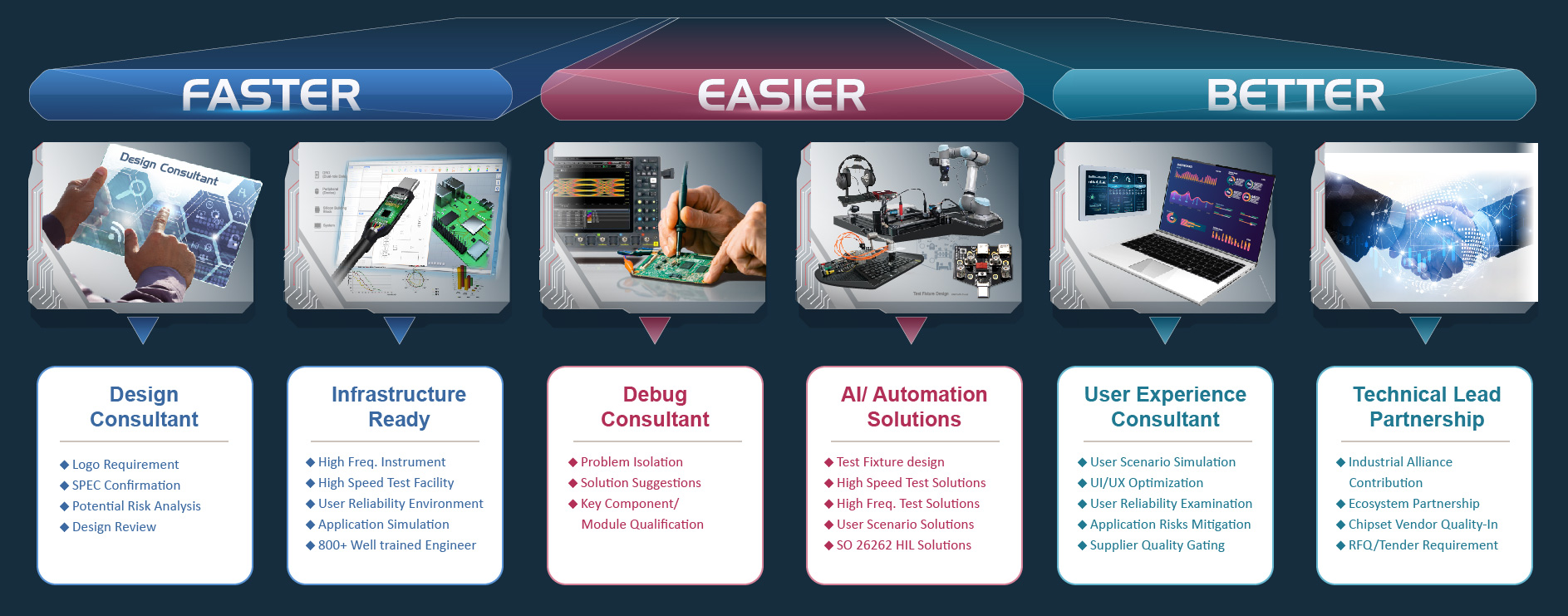
If you have any further needs for testing, verification, or consulting services related to the server ecosystem, please feel free to explore the following services online or contact us through the online form.
- Allion Server System Integration https://www.allion.com/aiot/server-validation/
- Allion Server Validation Service https://www.allion.com.tw/server-validation/















